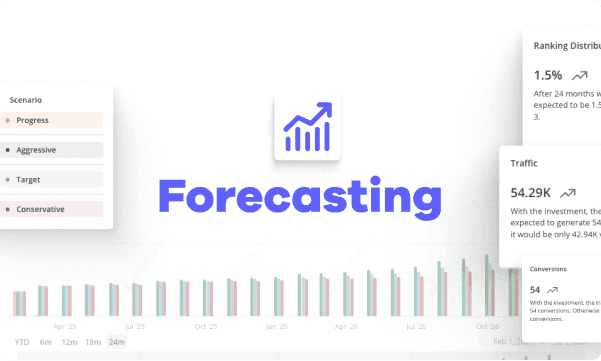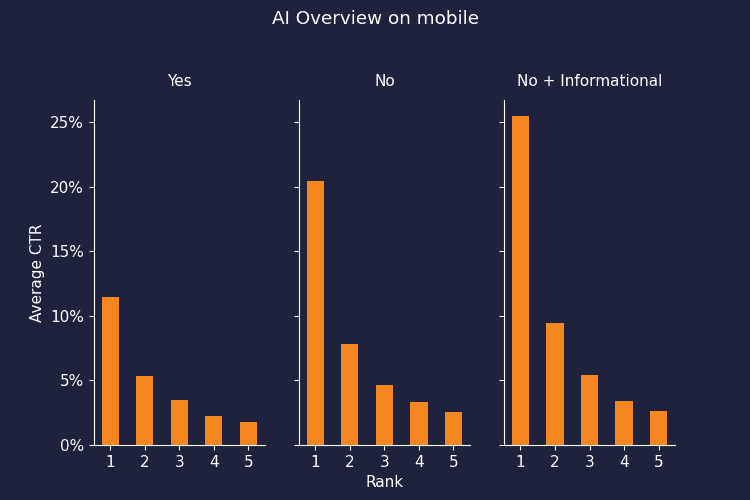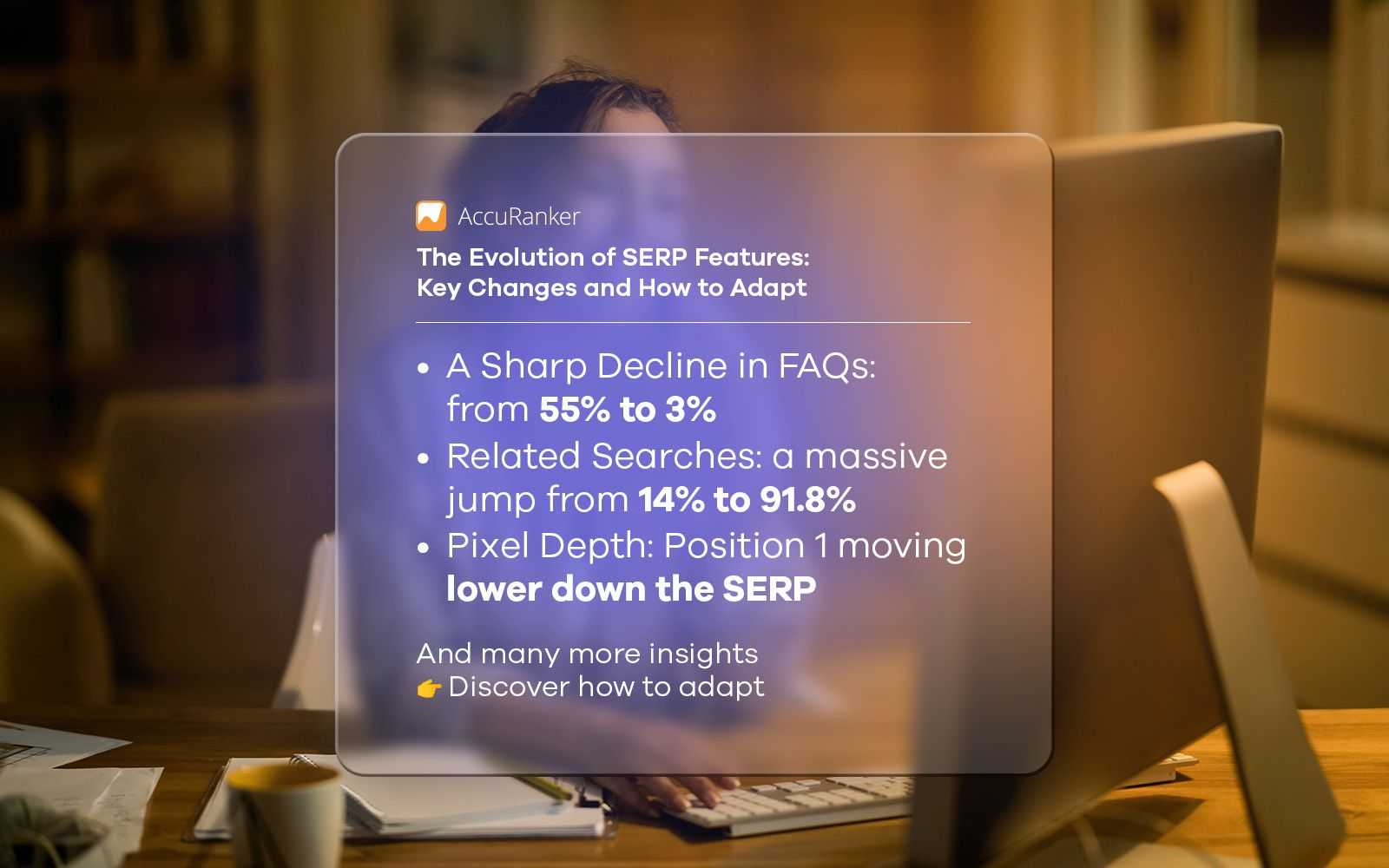5 Tips to Optimize Your SEO Content
Last updated on Saturday, September 23, 2023

SEO Content Optimization is a fundamental aspect of digital marketing aimed at enhancing a website's visibility in search engine results pages (SERPs). In today's digital landscape, where the internet is the primary source of information and commerce, SEO is pivotal in driving organic traffic to websites.
The essence of SEO Content Optimization lies in understanding how search engines like Google rank web pages. Search engines employ complex algorithms to evaluate the relevance and quality of web content in response to user queries. Therefore, optimizing your content ensures that it aligns with these algorithms, increasing the likelihood of ranking higher in search results.
To embark on a successful SEO content optimization journey, one must grasp the importance of strategically incorporating keywords, enhancing user experience, and delivering valuable, well-structured information to readers. By doing so, you attract more visitors to your website and provide them with a seamless and informative browsing experience.
In the rapidly evolving digital landscape, where competition is fierce, mastering SEO content optimization is necessary for businesses and content creators. It's the cornerstone upon which successful online visibility and organic traffic are built, making it a skill that can significantly impact your digital presence and success.
Here’s how you can optimize your SEO content:
Keyword Research and Selection
Keyword research and selection form the foundational step in optimizing your SEO content. This process involves identifying the specific words and phrases that people are using in search engines to find information relevant to your content. Here's an elaboration on this crucial aspect of SEO content optimization:
Importance of Keywords: Keywords are the bridge between your content and your target audience. They are the terms that users enter into search engines, making them essential for ensuring your content is discoverable.
Tools for Keyword Research: Numerous tools, such as Google Keyword Planner, SEMrush, and Ahrefs, are available to help you identify keywords. These tools provide insights into keyword search volume, competition, and related terms.
Identifying Relevant Keywords: It's vital to choose keywords that are highly relevant to your content. Consider the searcher's intent behind those keywords – are they looking for information, products, or services?
Long-Tail Keywords: While competitive short-tail keywords are essential, long-tail keywords (more specific and longer phrases) can often be easier to rank for and can attract highly targeted traffic.

Competitor Analysis: Analyzing the keywords your competitors are targeting can offer insights and help you discover keyword opportunities.
User Language: Consider the language your target audience uses. Sometimes, the terms they employ may differ from industry jargon, so aligning your content with their vocabulary is crucial.
Keyword Mapping: Once you've selected your keywords, map them to specific pages or pieces of content on your website. This helps organize your content strategy and ensures each page targets a unique set of keywords.
Effective keyword research and selection lay the groundwork for creating content that aligns with user intent and search engine algorithms, ultimately boosting your website's visibility and traffic. It's an ongoing process that requires continuous monitoring and adjustment to stay ahead in the ever-evolving landscape of SEO.
High-Quality Content Creation
High-quality content creation is a cornerstone of effective SEO (Search Engine Optimization). This process involves crafting web content that serves your target audience's needs and aligns with the algorithms and ranking criteria of search engines like Google. Here's an elaboration of the key aspects of this phase:
Engaging and Informative Content: High-quality content should be interesting and informative. It must capture the reader's attention and provide valuable insights, solutions, or entertainment. Content that addresses specific user queries or pain points tends to perform well.
Readability and User-Friendliness: Content should be easy to read and navigate. This involves using clear and concise language, short paragraphs, bullet points, and headings. Ensuring that your content is accessible to a wide range of users, including those with disabilities, is also crucial.
Headers and Subheaders: Proper organization is essential. Headers (H1, H2, H3, etc.) and subheaders break up the content into logical sections, making it easier for both readers and search engine crawlers to understand the structure and hierarchy of your content.
Avoiding Duplicate or Thin Content: Duplicate content, or content that adds little to no value, can harm SEO rankings. It's important to create unique and substantial content. When addressing similar topics, strive to provide a fresh perspective or additional insights.
High-quality content creation, especially leveraging AI SEO tools is about producing content that meets the needs of your audience while adhering to SEO best practices. This attracts and engages users and signals to search engines that your content is valuable, ultimately contributing to higher rankings and increased organic traffic.
On-Page SEO Optimization
On-page SEO optimization is a pivotal aspect of improving your website's search engine visibility. It involves fine-tuning various elements within your webpage to make it more appealing and relevant to both search engines and human readers. Here's a detailed elaboration:
Incorporating Keywords: Strategically integrating your target keywords into your content is essential. However, this should be done naturally and not disrupt the flow of your writing. Proper keyword placement in titles, headers, and throughout the content helps search engines understand what your page is about.
Meta Titles and Descriptions: Crafting compelling and keyword-rich meta titles and descriptions is crucial. These elements influence click-through rates and provide concise information about your page's content to search engine users.
Image Optimization: Images can enhance user experience, but they can also slow down your site if not optimized. Assign relevant alt tags and use descriptive file names to make images more accessible to search engines.
Internal and External Links: Internal links help readers navigate your site while also distributing link authority. External links to authoritative sources can improve your content's credibility. Ensure all links are relevant and not excessive.

- Mobile Optimization: With the increasing use of mobile devices, your site must be responsive and mobile-friendly. Search engines favor mobile-optimized websites for better user experiences.
Effective on-page SEO optimization involves a holistic approach, combining keyword optimization, content quality, technical elements, and user experience enhancements. By paying attention to these details, you can improve your website's search engine ranking and attract more organic traffic.
Regular Content Updates and Monitoring
In the ever-evolving landscape of the internet, staying relevant is key to SEO success. Regularly updating your content not only keeps your website fresh but also demonstrates to search engines that your site is active and continually providing value to users. This can result in higher search engine rankings and increased organic traffic.
Monitoring your SEO content is equally important. Tools like Google Analytics can help you track the performance of your pages, revealing valuable insights about user behavior, traffic sources, and conversion rates. By analyzing this data, you can identify which pieces of content are performing well and which need improvement.
Moreover, monitoring allows you to stay ahead of potential issues. You can spot and rectify any technical glitches, broken links, or outdated information promptly, ensuring a seamless user experience. It also helps you adapt to shifts in user preferences and search engine algorithms, allowing you to tweak your content strategy accordingly.
Regular content updates and monitoring not only maintain the relevance and quality of your SEO content but also provide a foundation for continuous improvement. By embracing these practices, you can enhance your website's visibility, user satisfaction, and long-term SEO success.
Off-Page SEO Strategies
Off-page SEO strategies are essential components of a comprehensive search engine optimization plan. While on-page SEO focuses on optimizing your website's content and structure, off-page SEO is all about building a strong online reputation and authority.
Backlink Building: One of the core off-page SEO tactics is acquiring high-quality backlinks from authoritative websites. These links act as votes of confidence in your content, signaling to search engines that your site is trustworthy and relevant. Building a diverse and natural backlink profile is key to success.
Social Media Engagement: Engaging with your audience on social media platforms is another off-page strategy. Social signals can indirectly impact your SEO by driving traffic, increasing brand visibility, and fostering community engagement.
Guest Posting: Publishing guest posts on reputable websites in your niche can help you gain exposure and earn backlinks. However, it's crucial to provide valuable content rather than focusing solely on link acquisition.
Influencer Collaborations: Partnering with influencers in your industry can expand your reach and credibility. When influencers endorse your content or products, it can result in increased traffic and brand recognition.
Online Reviews and Reputation Management: Positive online reviews and a strong online reputation can enhance your SEO efforts. Encourage satisfied customers to leave reviews on platforms like Google My Business, Yelp, or industry-specific review sites.

- Community Engagement: Participating in online forums, discussion boards, and communities related to your niche can establish you as an authority and drive targeted traffic to your site.
Off-page SEO is about building trust, authority, and relevance in the eyes of search engines and users alike. By employing these strategies, you can enhance your website's credibility and improve its search engine rankings, ultimately driving more organic traffic to your site.
Conclusion
Optimizing your SEO content is a crucial step in achieving online success. By following the five key tips outlined above, you can significantly enhance your website's visibility, attract a larger audience, and ultimately drive more traffic and conversions.
First and foremost, thorough keyword research is the foundation of a successful SEO strategy. Identifying the right keywords and incorporating them naturally into your content will help search engines understand your content's relevance and connect it to user queries.
High-quality content creation is equally essential. Crafting informative, engaging, and well-structured content satisfies your audience and helps search engines recognize your expertise and authority in your niche.
On-page optimization ensures that your content is easily discoverable by search engines and user-friendly. This includes optimizing meta titles, descriptions, and images, as well as making your site mobile-friendly.
Regular content updates and monitoring are necessary to keep your SEO strategy effective. Trends and algorithms change, and staying up-to-date ensures that your content remains relevant and competitive.
Lastly, consider off-page SEO strategies like link-building and social media promotion to expand your online presence.
In the ever-evolving digital landscape, investing in SEO content optimization is an investment in the long-term success of your website. By applying these tips and staying committed to improving your content, you'll not only see improved search engine rankings but also establish yourself as a credible source in your field, ultimately driving organic traffic and achieving your online goals.

Article by:
Divashree
Founder
Divashree is the founder of SAASY LINKS. She builds high-quality relevant backlinks for SaaS brands. She likes to paint and dance in her free time.


